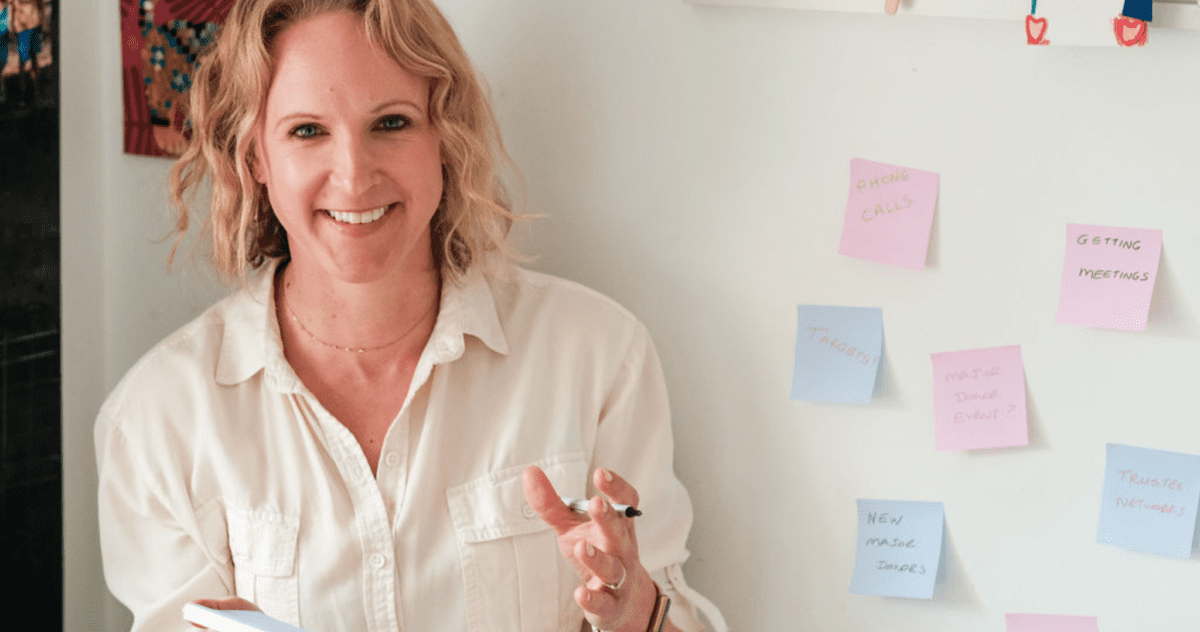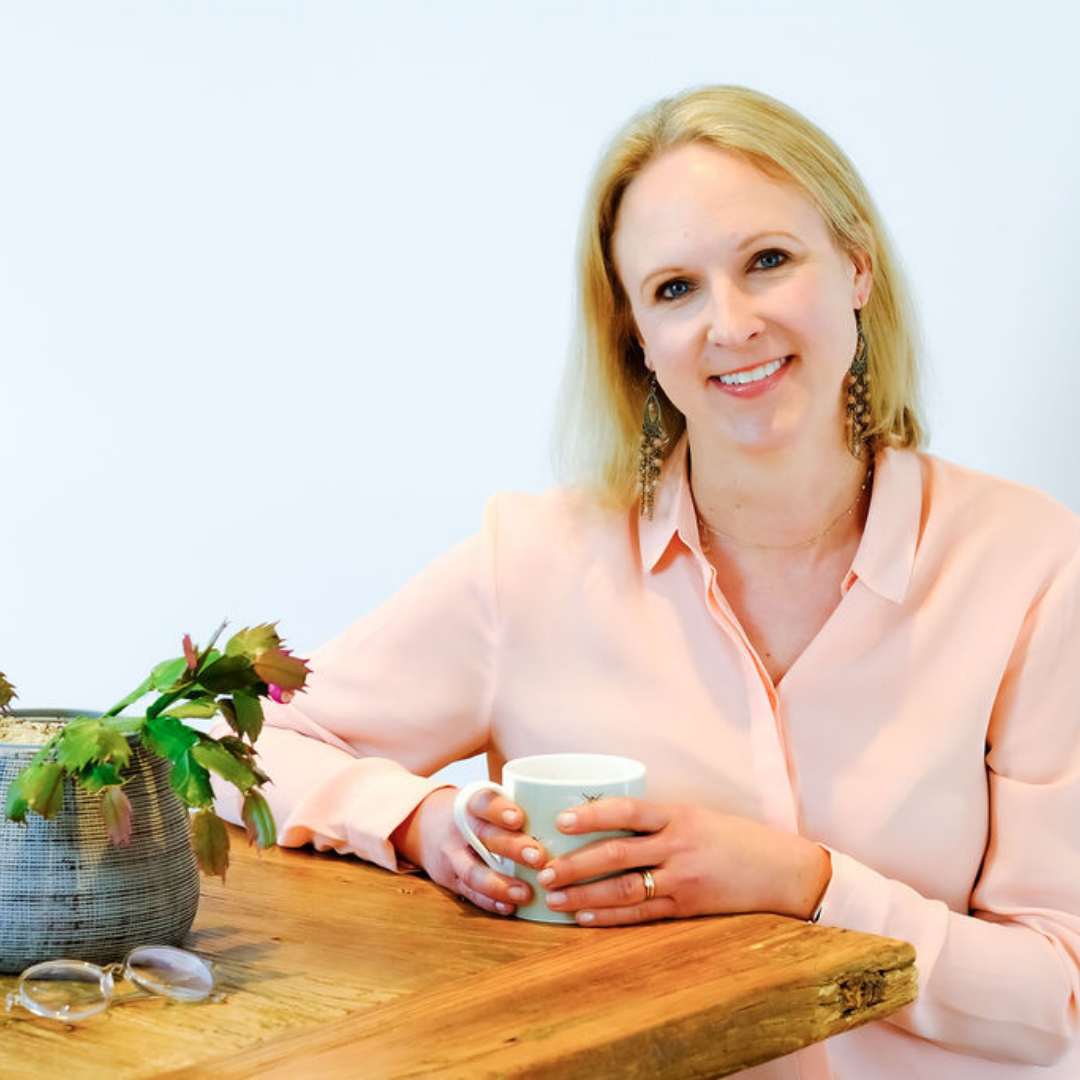Why Major Donor Fundraising?

You might think there’s potential in major donor fundraising but need to influence internally to get the investment and focus to succeed. Read on for 3 key points with supporting evidence, that you can use in a case to invest in major donor fundraising:
1. You cannot develop major donor fundraising without investing
This is a basic truth. Major gifts can be transformational for your cause. Return on investment for an established major donor programme can be 9:1 within 2 years and you should be able to break even or return 2:1 in the first year. However, one of the biggest reasons I see for the failure of organisations to raise large gifts from major donors is a lack of consistent investment:
- Fundraisers are there for 12 months and then their post is cut.
- Charities send a donor a thank you card for their £50,000 gift but the resource isn’t there to do anything else (and the donor unsurprisingly stops giving).
- Someone is tasked with some network mapping and major donor development, fitting it around their already stretched role; and then major donor income doesn’t grow.
One of the biggest reasons I see for the failure of organisations to raise large gifts from major donors is a lack of consistent investment. Fundraisers are in post for 6 months and then their post is cut; or a donor is sent a thank you card for their £50,000 gift but the resource isn’t there to do anything else.
When I was at Unilever we wouldn’t have dreamed of planning for growth without investing in a product line. So why do some charities think it’s possible? Is the third sector saying it will increase fundraising targets by £50,000, £100,000 or £500,000 based on hope? You can’t develop major donor fundraising and build great relationships with the same level of resource. Investment is needed to confidently raise more large gifts.
And if you want to understand more about the basics of major donor fundraising, you can read my blog “What is major donor fundraising?”
2. The wealthiest have more financial resilience and are getting richer
As the rising cost of living truly hits I’ve come across some staff and trustees who maintain that “our wealthy donors are also going to be struggling.” Let’s look at some evidence:
- Giving by the wealthiest is often elastic. Research by Dr Beth Breeze, Director, Centre for Philanthropy at the University of Kent, shows that major donors often add new charities to their portfolio of giving (rather than have a ‘one in, one out’ policy and a fixed giving budget).
- After the Global Financial Crash in 2008 major donor income held up, and some donors increased their giving.* Some major donors’ investments and industries were shaken by the global pandemic and are uncertain moving forward. This means some might not be in a position to give today, but that doesn’t mean they won’t give later when they have more certainty over their businesses and affairs. Other industries have flourished over the past few years with high-net-worth individuals feeling increasingly financially secure (see below).
- Many of the richest are getting richer. Oxfam International’s 2022 Report “Profiting from Pain”** evidences how wealth has soared since the COVID-19 pandemic as companies in the food, pharma, energy, and tech sectors grew rapidly. We need to understand that even in a cost of living crisis, not everyone is going to be affected, and be aware that some people are going to be better off. And this wealth creation is not incompatible with major donor fundraising – I’d recommend In Defence of Philanthropy by Beth Breeze for anyone who struggles to make sense of society’s inequalities in the context of philanthropy and major donor fundraising (as I have at times).
We need to understand that even in a cost of living crisis, not everyone is going to be affected, and be aware that some people are going to be better off. The rich of the world are getting richer. There are more millionaires and billionaires than ever before.”
3. You need to start today
To succeed in major donor fundraising you need to be having conversations with your existing and potential major donors to understand their world. A CEO I’ve been working with phoned a major donor and realised how uncertain the donor’s business was. The CEO, therefore, didn’t talk about giving! However, he did ask to keep in touch and six months later the donor gave £20,000. Major donors give at a time that’s right for them.
If you’re not having conversations now though, why would a donor give to you in 6 or 12 months time? The one on one relationship building in major donor fundraising gives us a tremendous opportunity to develop these relationships for lifelong giving, at high levels.
To succeed in major donor fundraising you need to be having conversations with your existing and potential major donors today for giving 12-18 months on from now. How many conversations are you having?
I’m often asked if a charity’s cause is in the right or wrong area for major donor fundraising. There are no wrong or right causes! Make your charity’s reason for existence and impact relevant and urgent and you can raise large gifts! I do not know a charity whose beneficiaries or cause area hasn’t been affected by the pandemic or the cost of living increases.
Your organisation is relevant.
It’s about finding the potential major donors who care about what your charity is trying to achieve. That could be climate change, the dwindling of the arts in the local community, families going hungry, or finding cures and treatments for a rare disease. Professor Jen Shang’s research, the world’s leading philanthropic psychologist, shows us that charities are in a unique position to build deep connectedness with their donors.
Philanthropy means love of humankind after all. This is more relevant than ever, with the growing problems in society becoming more and more apparent. High-net-worth individuals are the people that could enable your cause to survive and to thrive. If we want to partner with them, we need to invest in our major donor fundraising and in the fundraisers and leaders pivotal in building these relationships.
If you’re ready to invest to take your major donor fundraising to the next level, Summit Fundraising’s flagship programme, Major Donor Fundraising from Scratch could be for you. Check it out here or get in touch if you want to talk through what support would be right for you.

Louise Morris is the Founder of Summit Fundraising. She is a major donor fundraising specialist and has worked with over 200 charities helping them raise large gifts.
*Tomorrow’s Philanthropist, Barclays Wealth, (July 2009) available at http://doingmorethatmatters.com/wp-content/uploads/2013/09/Barclays-Wealth-Tomorrows-Philanthropist_us.pdf
**Profiting from Pain, Oxfam International (May 2022) available at Profiting from pain | Oxfam International
